Slaves to humor
Updated: 2016-09-12 07:34
By Raymond Zhou(China Daily)
|
||||||||
Rather, their departures are subversive to the old, hierarchical mode of education and business operation, to which Guo subscribes. If followed to the letter, the Chinese system demands that the apprentice obeys the master no matter what.
However, Guo might have forgotten that he himself was not loyal to this system: He jumped from one master to another, a big no-no as an apprentice, and he had bad-mouthed predecessors like Jiang Kun. In a sense, he whipped up a storm in the world of cross-talk partly because he was not a docile follower and was ready to break rules. But he would not accept his charges acting the same way.
China has two major comedy clans (the other led by Zhao Benshan) but no comedy schools. The art of comedy is imparted through this kind of ritual-ridden and humorless apparatus. Why can't Guo open a modern school of comedy and charge reasonable fees for his services? He may end up making more money as founder of a modern school, which, like a modern enterprise, is able to scale up its business.
I have always wondered why Chinese schools do not teach comedy. Yes, genius cannot be taught, but craftsmanship can. Out of many run-of-the-mill comedy students will be virtuosos who build their own styles. They do not have to learn from a single master, but from all the good ones in the whole world.
The illusion that a teacher "owns" a student is primordial. The old saying "A teacher for a day, a father for a lifetime" should not be taken literally - not for most cases. Even a father should give his children independence once they grow up.
Yes, we are all touched by those tales of student-teacher relationships elevating to those of surrogate fathers and children, but those are the exceptions.
As for the word "yun" in his stage name, it is tantamount to branding of Guo's organization. So, Cao should give it up since he is no longer a member.
- Three women planning 'imminent' attacks arrested in France: minister
- China, Britain vow to deepen military exchanges, mutual trust
- British parliament to debate second Brexit referendum petition
- Chinese women find their way through the glass ceiling
- Rousseff leaves presidential residence in salutation
- Thousands of Chinese rally in Paris to call for 'security for all'

 15th anniversary of 9/11 attacks marked
15th anniversary of 9/11 attacks marked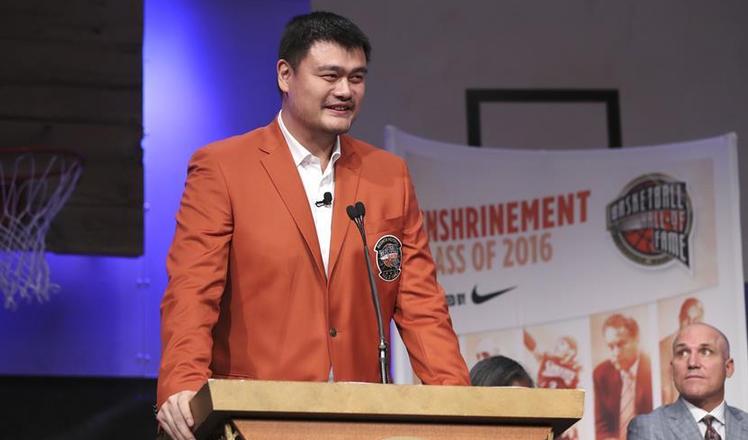
 Yao Ming and Class of 2016 receive Hall of Fame jackets
Yao Ming and Class of 2016 receive Hall of Fame jackets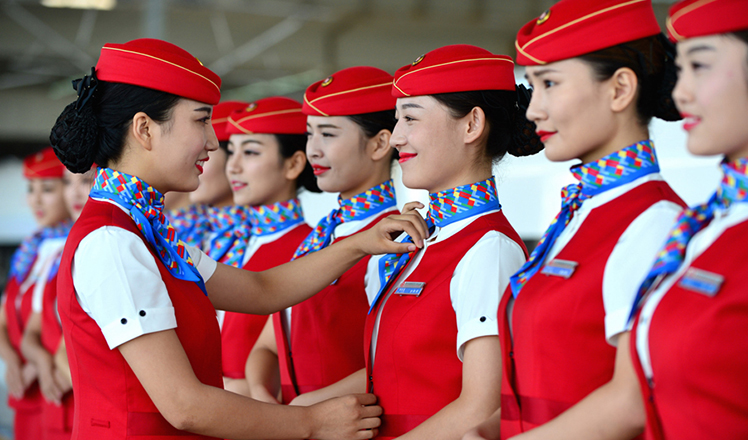
 Bullet train attendants strut new look in Xi'an
Bullet train attendants strut new look in Xi'an
 Ten photos from around China: Sept 2 - 8
Ten photos from around China: Sept 2 - 8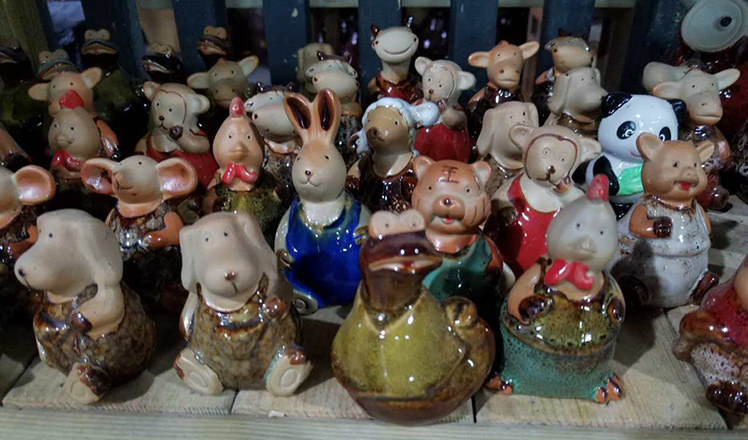
 Turning mud into work of art
Turning mud into work of art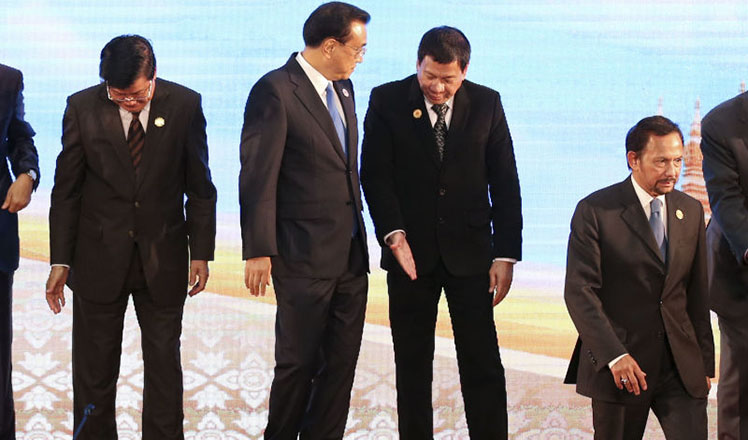
 Unforgettable moments of Premier Li at ASEAN meeting
Unforgettable moments of Premier Li at ASEAN meeting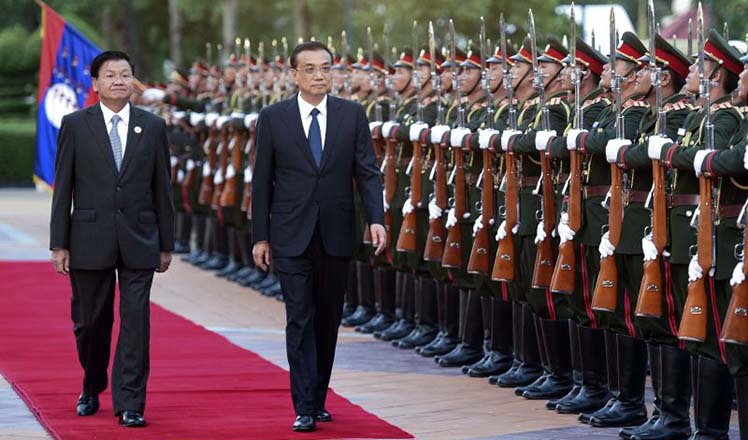
 Sights and sounds of Premier Li's visit to Laos
Sights and sounds of Premier Li's visit to Laos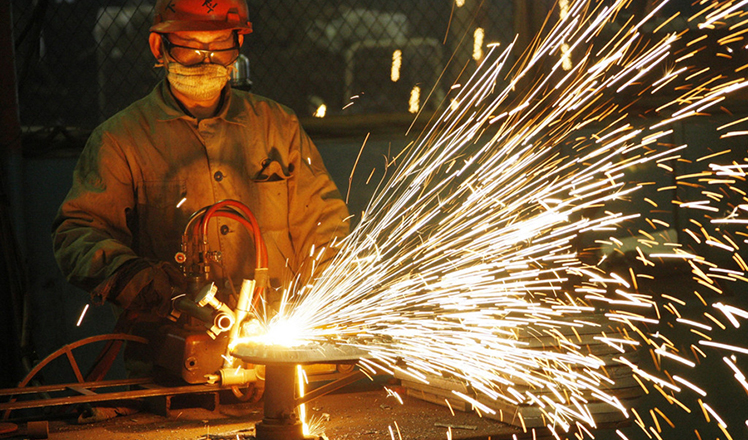
 Six policy signals China sent at G20 Summit
Six policy signals China sent at G20 Summit
Most Viewed
Editor's Picks

|

|

|

|

|

|
Today's Top News
Trump outlines anti-terror plan, proposing extreme vetting for immigrants
Phelps puts spotlight on cupping
US launches airstrikes against IS targets in Libya's Sirte
Ministry slams US-Korean THAAD deployment
Two police officers shot at protest in Dallas
Abe's blame game reveals his policies failing to get results
Ending wildlife trafficking must be policy priority in Asia
Effects of supply-side reform take time to be seen
US Weekly

|

|







